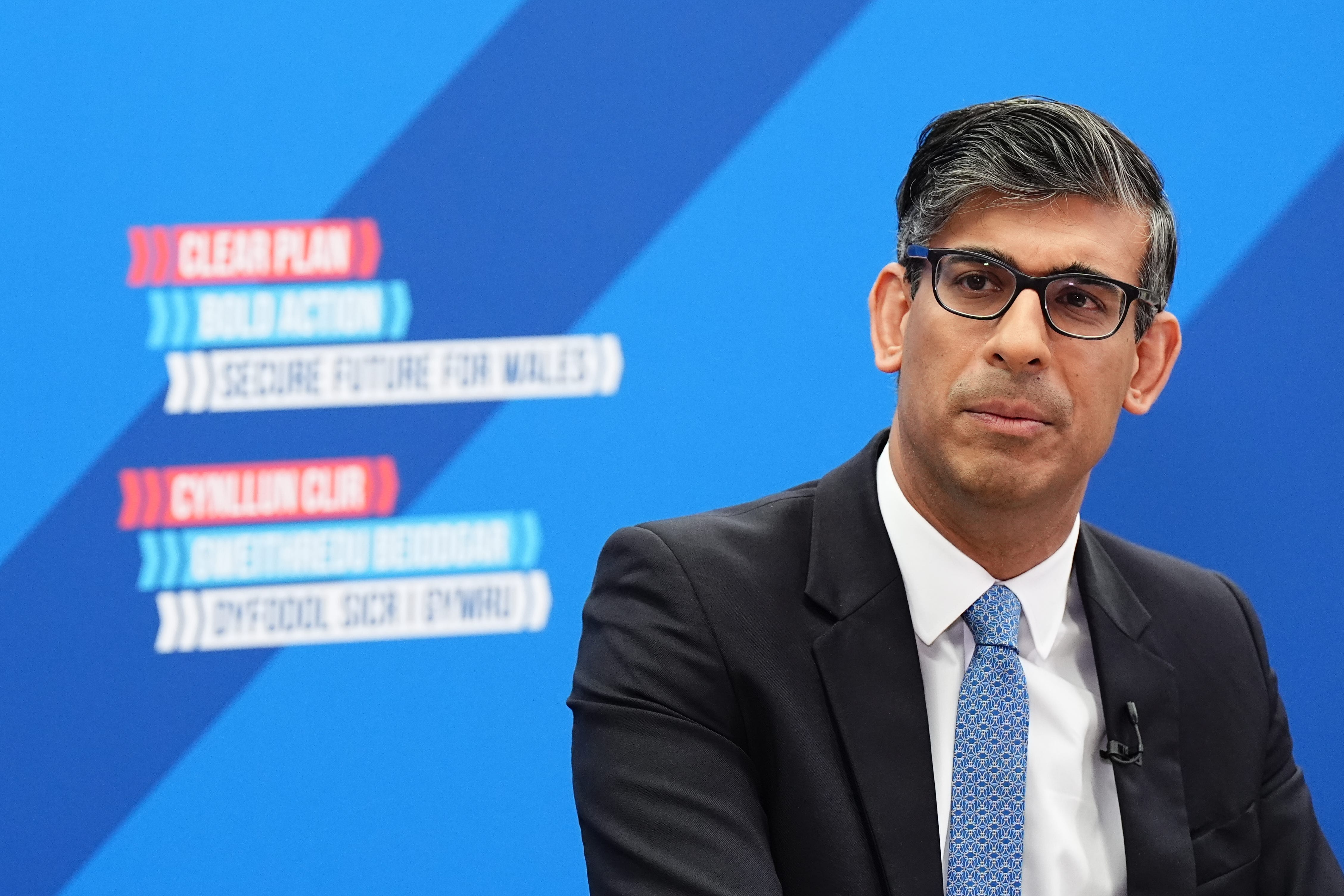The Conservatives are about to become utterly irrelevant
What Labour MPs think – about Europe, public spending and their next leader – will be the only thing that matters for at least five years, writes John Rentoul


Your support helps us to tell the story
From reproductive rights to climate change to Big Tech, The Independent is on the ground when the story is developing. Whether it's investigating the financials of Elon Musk's pro-Trump PAC or producing our latest documentary, 'The A Word', which shines a light on the American women fighting for reproductive rights, we know how important it is to parse out the facts from the messaging.
At such a critical moment in US history, we need reporters on the ground. Your donation allows us to keep sending journalists to speak to both sides of the story.
The Independent is trusted by Americans across the entire political spectrum. And unlike many other quality news outlets, we choose not to lock Americans out of our reporting and analysis with paywalls. We believe quality journalism should be available to everyone, paid for by those who can afford it.
Your support makes all the difference.William Hague has a warning for the next Conservative to lead the party after a Labour landslide: “You will go through periods, and maybe most of the time, where people are utterly uninterested in what you think and do.”
There will be, if the outcome of the election is anything like the opinion polls, a big change in the fundamental assumptions of British politics. The Conservative leadership election won’t matter. Nigel Farage will be an irrelevance. The only things that will matter, for at least five years, will be what Keir Starmer, his advisers and senior ministers decide, and the balance of opinion in what could be the largest ever parliamentary Labour Party.
Of course, the contest between Kemi Badenoch and Priti Patel will be fascinating in its own terms; it just won’t have much bearing on the affairs of the nation. The Tory party may tear itself apart over the question of allowing Farage to join, but what Farage says will have no influence on the government.
Conservatives may make decisions that will turn out to be important in the long run, such as when Hague changed the Tory leadership election rules, giving party members the final say, with disastrous consequences that didn’t unfold until 24 years later. But for the next few years, “the alphabet spaghetti leftovers will be scraped into the bin: ERG, CCHQ, IEA, IDS”, as Matt Chorley writes in The Times.
We will have to get used to identifying the Labour “families” instead of the five Conservative ones. One of the least important, I suspect, will be the Socialist Campaign Group, the diminished club of Corbynites. What will matter more will be the strands of opinion among mainstream Labour MPs. Initially, these will coalesce around single issues, such as lifting the two-child limit on benefits, Gaza and relations with the EU.
For that reason, I expect Stella Creasy to be appointed to a high-ranking ministerial job outside the cabinet. As chair of the Labour Movement for Europe, she would be well placed to lead the pro-EU majority among Labour MPs if left on the back benches.
The idea of rejoining the EU, or rejoining the single market or a customs union, is unmentionable in Labour circles until 9.59pm on 4 July. After that, it is going to be one of the main subjects of the national conversation. Brexit is not likely to be reversed in the next parliament, despite what Badenoch said in an interview today, but on every decision the Labour government makes on relations with the EU, the pressure is only going to be one way. And the big questions, up to and including full EU membership, will be fought over in preparation for the election after next.
What is less predictable is the effect of a Labour majority on other issues. A direct switch from a secure majority for one party to one for another doesn’t happen very often: since the war, it has happened only in 1945, 1970 and 1997. It shifts the window of the possible. Instead of tax cuts, the pressure will be for tax rises or more borrowing – to pay for much-needed spending on public services. Will the defence budget be squeezed again? What will happen when the pressure in parliament swings from trying to slow down action on climate change to trying to speed it up? Away from questions of taxing and spending, will ID cards become a realistic option again?
One of the most important changes, which may not be immediately evident, will be the subterranean shift in assumptions about Keir Starmer’s future. It seems premature to be raising this before he has even arrived in Downing Street to the waving of many union jacks, but Ian Leslie, the perceptive blogger, has already done so. At 61, Starmer will be the oldest prime minister to take office since James Callaghan. “The point is not that he’s too old to do the job,” says Leslie: “he obviously isn’t, he’s in very good shape – but that his age means he’s less likely to run for a third term.”
The foreshortening of politics means that if it becomes accepted that he won’t serve beyond a second term, “questions about the succession, and all the intrigue that will generate, will be salient during his first”.
I wrote two weeks ago about how the opposition to a Labour government will come from within the Labour Party. That will quickly become entangled in the question of who will be the next leader.
It seems extraordinary and even tasteless to say so, but it may be that, after the election, the next Labour leadership election will matter more than the immediate Conservative one.
Join our commenting forum
Join thought-provoking conversations, follow other Independent readers and see their replies
Comments